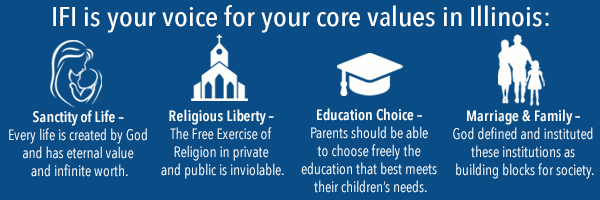
Last time, we discussed a recent piece in The Atlantic entitled “The Elite College Students Who Can’t Read Books.”
Professors in top-notch American universities are finding that their current students simply cannot handle the amount of classic literature that college students used to read. As both The Atlantic and National Review observe, this phenomenon is likely linked to the prevailing functionalist view of education, which prioritizes setting students up for good careers and places less emphasis on studying other “less useful” subjects, like classic works of literature.
Accordingly, we took a detour through the writings of some historical Christian educators—Augustine, Hugh of St. Victor, and Comenius—who clearly emphasize a higher calling to the Christian life and to Christian education.
Fundamentally, education should produce not only knowledge, but also character and devotion to God.
As someone who was raised in the classical Christian education community, I can personally attest to the blessings of studying God’s Word and world with an attitude of worship and a desire to know Him more.
A career-oriented education is superficial, a character-oriented education is truly meaningful. Fundamentally, education is supposed to shape the person of the student, not just his mind or his resume.
Now, how does this relate to today’s incompetence regarding classic literature? We seem to be in this predicament at least partly because of our functionalist view of education—we look at what benefits education provides for a career, and we forget the importance of education in shaping the person in his character and devotion to God.
Once we realize that the latter are indeed legitimate—and more fundamental—goals of education, it makes more sense why we should study any “non-practical” subject, classic literature included.
While volumes could be written on this topic, here is a short example of what a God-centered and character-centered argument for studying literature could look like. (Then apply the same principle to any other aspect of God’s creation.)
Literature is one of the most influential forms of human culture. Because humans are beings who are always creating things and leaving their fingerprints all over them—literature included—studying the products of human culture allows us to learn more about humanity and the human condition.
In turn, it is important to learn about the human condition because it helps us understand who we are, and because God created humans in His image as uniquely important creatures who are worthy of study.
Therefore, studying classic literature teaches us more about the human condition we all find ourselves in, which means we learn more about ourselves, more about how we relate to each other and to God, and ultimately more about God the Creator.
Read MacBeth, and you will viscerally witness the depravity of man. Read Pride and Prejudice, and you will experience the ins and outs of human relationships. Read Brothers Karamazov, and you will see selfless love vividly depicted.
And all this isn’t even mentioning that God communicates Himself through literature—the Bible is the most influential literary work of all time, and the one in which we learn more about God and man than in all the others combined.
Admittedly, this argument does not “sell.” Yet maybe education’s purpose is deeper than sales. If you aim at the wrong target, you will miss the mark every time. And if you aim at the right target, everyone else who’s aiming at the wrong target will think you are the one who’s missing.
All this is to say that if the American educational environment recovered such a rich understanding of education, perhaps subjects like classic literature would be more appreciated.
Perhaps high schools would teach more of it. And perhaps college professors would not have to amputate off their reading lists some of the greatest books ever written.
























